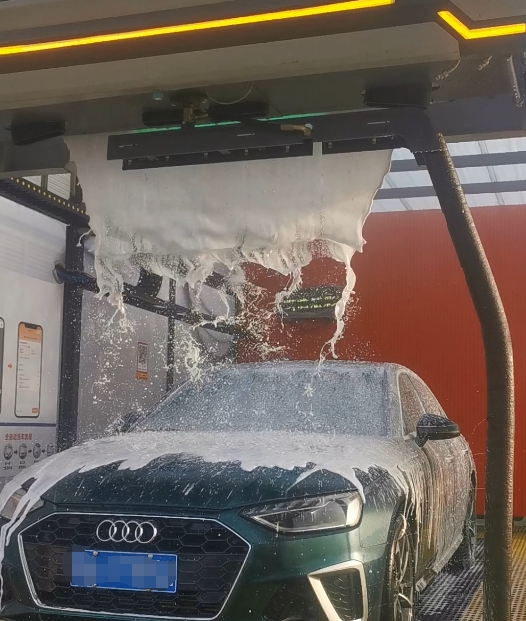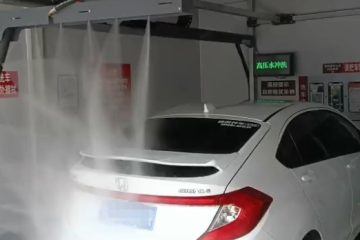Indonesia, with its burgeoning middle class and increasing car ownership, presents a lucrative opportunity for the auto car wash industry. The market is experiencing rapid growth, fueled by rising disposable incomes, a preference for aesthetic appeal, and growing awareness of vehicle maintenance.
A Look at the Numbers:
Car Ownership: Indonesia boasts over 120 million cars, with a significant portion residing in densely populated urban areas like Jakarta, Surabaya, and Bandung. This dense concentration of vehicles directly translates to a robust demand for car wash services.

Market Size: The Indonesian car wash market was valued at USD 1.2 billion in 2023 and is projected to reach USD 2.1 billion by 2028, exhibiting a CAGR of 9.5%. This steady growth reflects the industry’s promising outlook.
Consumer Behavior: Surveys indicate that Indonesian car owners are increasingly willing to spend on car wash services, with a preference for convenient, high-quality, and eco-friendly options.
Driving Factors:
Rising Disposable Incomes: As the Indonesian economy thrives, disposable incomes are increasing, allowing consumers to spend more on discretionary services like car washes.
Aesthetic Value: The Indonesian car culture emphasizes cleanliness and aesthetics. Owning a spotless car is seen as a status symbol and reflects individual pride.
Vehicle Maintenance: Regular car washes are essential for maintaining the paint, preventing corrosion, and extending the lifespan of vehicles. This growing awareness of vehicle maintenance is boosting demand for car wash services.
Emerging Trends:
Automated Car Washes: Automated car washes are gaining popularity, offering faster and more efficient cleaning services. These businesses often incorporate advanced technologies like touchless washing systems and high-pressure water jets.
Eco-Friendly Practices: Consumers are increasingly demanding environmentally sustainable car wash services. Operators are responding by adopting water-saving techniques, using biodegradable detergents, and implementing waste management practices.
Challenges & Opportunities:
Competition: The Indonesian car wash market is becoming increasingly competitive, with both traditional and modern car wash operators vying for customers.
Labor Costs: The availability and cost of skilled labor pose a challenge for car wash businesses.
Government Regulations: Compliance with environmental regulations related to water usage and waste disposal is crucial for sustainable operation.
The Future is Bright:
Despite the challenges, the auto car wash market in Indonesia offers a promising future. The growing car ownership, rising disposable incomes, and increasing demand for convenient and eco-friendly solutions provide ample opportunities for expansion and innovation. By embracing technological advancements, focusing on customer experience, and prioritizing environmental sustainability, car wash businesses can capitalize on this thriving market and secure a sparkling future.




